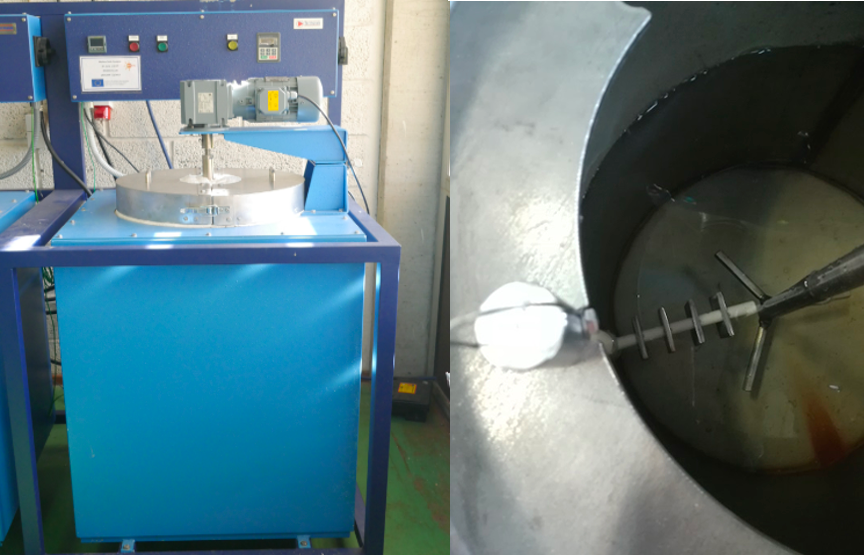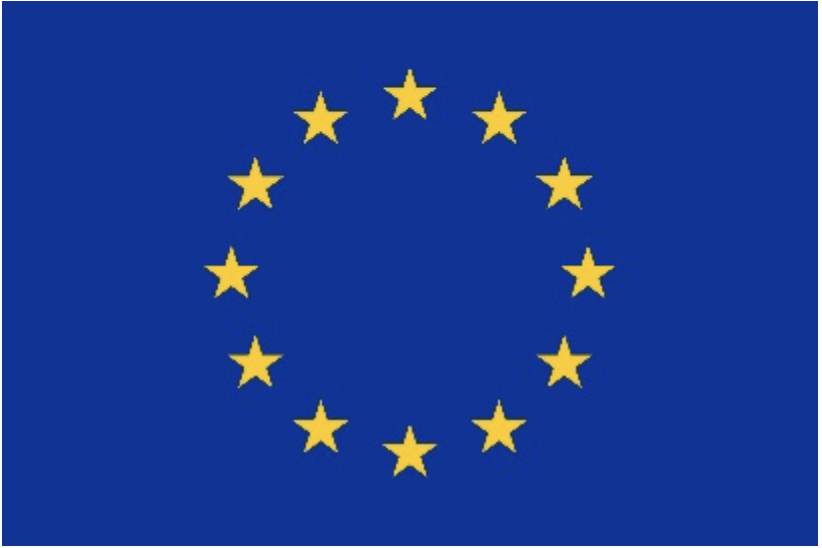Let’s have a look at the most promising projects carried out during the 1st SFERA-III campaign for Transnational Access! This week, we focus on ProMoTE, a project led by INTA – National Institute of Aerospace Technology (Spain) – which benefited from free access to the National Laboratory of Energy and Geology (LNEG) facilities in Portugal, in November 2019 and January 2020.
The challenge between ProMoTE
Improving the heat storage system by using an adequate heat transfer fluid such as molten salts will bring a considerable added-value to CSP. However, molten salts can be very corrosive to metallic components in direct contact with them like the ones employed for tanks or tubes.
The use of coatings applied on lower-cost materials, to prevent molten salt corrosion can be a solution without increasing cost. Slurry aluminide coatings represent an excellent solution for optimizing the performance of the solar tower (ST) plants as they allow to mitigate or decrease corrosion issue for containers materials in contact with molten salts.
The goals of ProMoTE
ProMoTE, which stands for “High-temperature Protective coatings against
Molten Salt Corrosion for Thermal Energy Storage” aimed at:
- Raising the efficiency of the solar thermal power plants by increasing operating temperature and pressure through the use of high resistant coating/materials systems;
- Increasing the lifetime of critical components for heat storage system;
- Testing new coatings in aggressive and dynamic conditions with molten salts in order to study, understand the corrosion behaviour and demonstrate the viability of these promising solutions;
- Identifying coated structural materials to be used with new carbonate mixtures.
The main results of the project
ProMoTE was focused on the corrosion resistance of two aluminide coatings (INTA1 heat treated at high temperature and INTA2 heat treated at low temperature) and uncoated P91 after immersion in the so-called Solar Salt (60% NaNO3-40% KNO3) for 1000 hours under dynamic conditions with the installation of LMR-LNEG.
The uncoated P91 showed a high degree of corrosion while both coated P91 exhibited very good corrosion performance after the dynamic test, significantly improving the corrosion resistance of the uncoated material. Comparison between two descaling methods in order to remove the corrosion products formed on the uncoated substrate allowed to identify the corrosion rate of the uncoated P91 after exposure under more realistic conditions and to compare it with previous results obtained after static exposure.
Finally, analysis of the salts collected at different time intervals revealed the importance of the impurities and species (Cl-, NO2-, Cr among others) and their effect on the corrosion degradation of the materials.

Successful outcomes
As a first experience in SFERA-III, ProMoTE can be considered as a success story for several reasons.
The objective of demonstrating the viability of the promising slurry aluminide solutions in terms of corrosion resistance was fully achieved thanks to the use of the dynamic installation of LNEG. After 1000 hours, coatings prove to offer high performance and stability in a relevant molten salt environment in the laboratory. The specific tests and characterization performed allowed a better understanding of the corrosion behaviour of the tested materials. With the results obtained, new opportunities for technology transfer to the solar energy or bioenergy industries for slurry coatings can be foreseen.
A specific objective of ProMoTE was achieved enabling to identify coated structural materials to be used with new advanced molten mixtures such as carbonate mixtures.
Moreover, ProMote also initiated new collaboration between two technology centres of high-value, LNEG and INTA. Researchers from both institutions will participate in a scientific congress (“XVII Congreso Ibérico y XIII Congreso Iberoamericano de Energía Solar” CIES, November 2020, online) in order to ensure a high level of results dissemination. A joint publication in a scientific journal of high impact factor will also be submitted soon.

About SFERA-III Transnational Access
The 3rd TA campaign of SFERA-III will be launched at the end of Summer 2020. This next call for projects will provide free access to 13 state-of-art research infrastructures and 47 installations in Concentrated Solar Thermal power in 8 countries. In the meantime, you can watch the last webinar about TA for key information about the call for projects!

This project has received funding from the European Union’s Horizon 2020 research and innovation programme under grant agreement No 823802
